A groundbreaking blood test capable of identifying more than 50 different cancers could significantly accelerate diagnosis, according to new findings from a North American study. The test, known as Galleri and developed by US firm Grail, analyses fragments of tumour DNA circulating in the bloodstream. In trials involving 25,000 adults across the US and Canada, almost one in 100 received a positive result, with cancer confirmed in around 62% of those cases.
Researchers found that over half of the cancers detected were at an early and more treatable stage. Importantly, three-quarters of those cancers currently have no screening programme, including ovarian, pancreatic, and liver cancers. The Galleri test also accurately identified the source of cancer in nine out of ten cases, while ruling out cancer correctly in more than 99% of negative tests.
Lead researcher Dr Nima Nabavizadeh, from Oregon Health & Science University, said the technology could “transform” cancer screening by spotting tumours when treatment has the best chance of success. When used alongside standard NHS screening tests, detection rates rose seven-fold.
However, experts have urged caution until long-term data is available. Professor Clare Turnbull of the Institute of Cancer Research stressed that only large-scale trials—such as the ongoing NHS study involving 140,000 participants—will confirm whether earlier detection leads to fewer cancer deaths.



